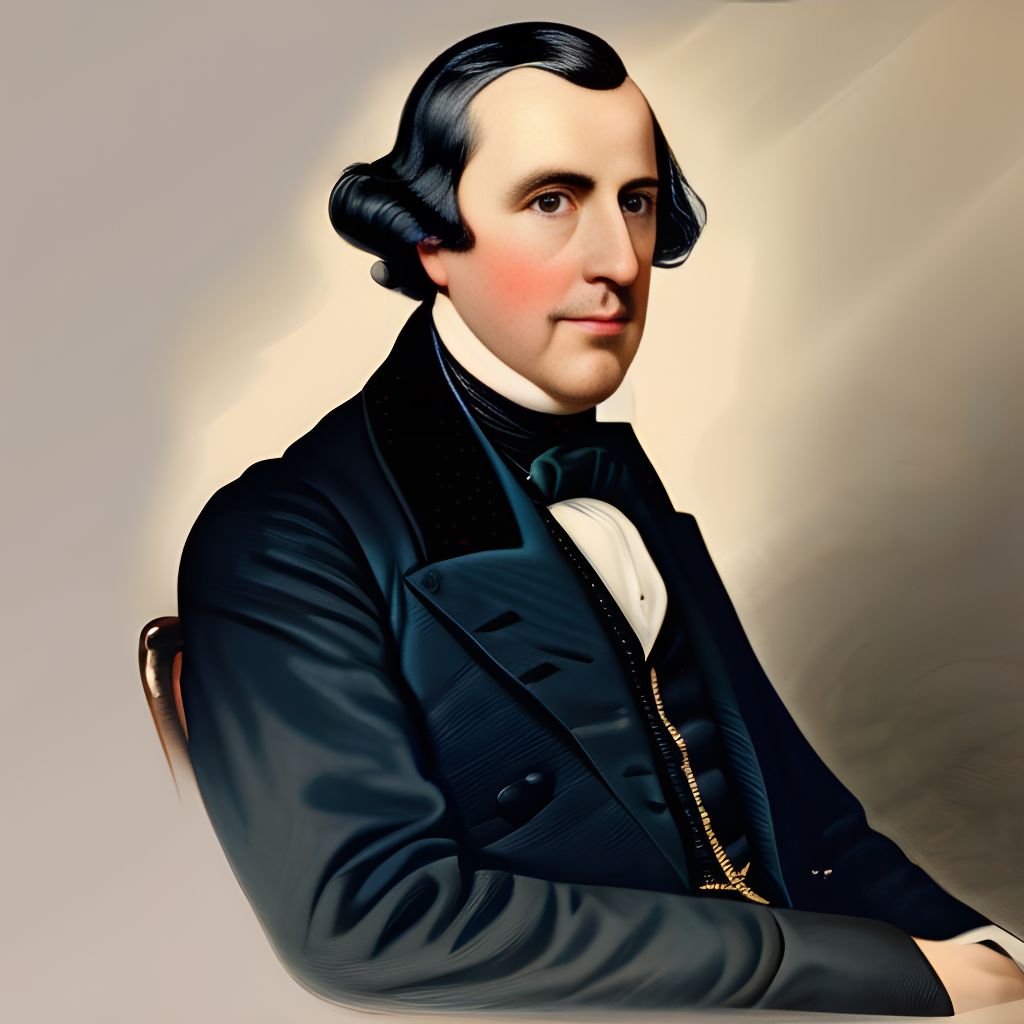How Jesus, by his Testament, bequeathed himself to his disciples for ever;
by
November 7th, 2023
Audio Presented by

Edwin Abbott Abbott FBA was an English schoolmaster, theologian, and Anglican priest, and author.
About Author
Edwin Abbott Abbott FBA was an English schoolmaster, theologian, and Anglican priest, and author.
